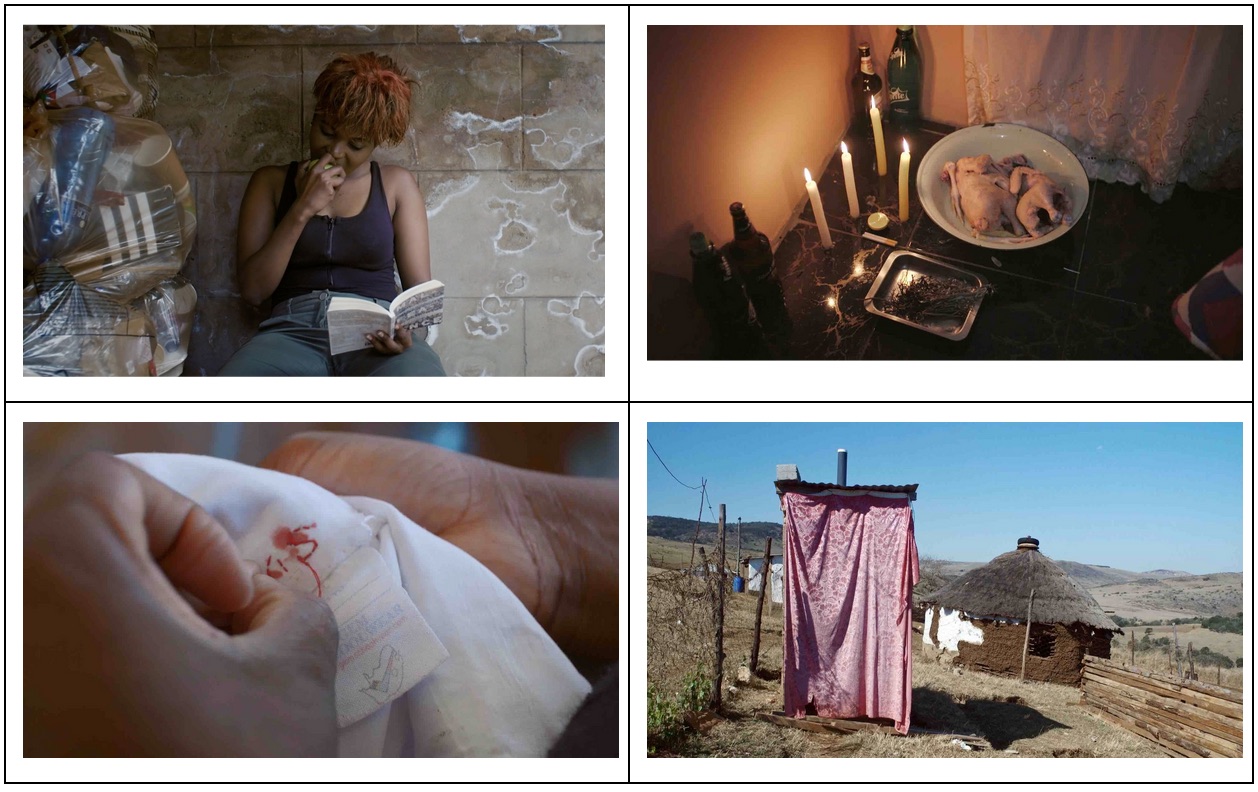New research film highlights the environmental crisis from a post-colonial perspective

On 14 November, visitors got a sneak premiere of the film "The Lindeka: When a Book Ate a City" at Accelerator, Stockholms Universty —addressing the environmental crisis through the active remains of colonisation. It establishes and problematises the relationship between a European (con)text and an African city. On 17 November, it was a world premiere at the SVA Film Festival in Toronto.
Jacob von Heland, ecologist specialising in Visual Environmental Humanities at KTH, and Henrik Ernstson, a Professor of Strategic Sustainability Studies at KTH, produced The Lindeka in collaboration with Anita Mkizwana and Philisiwe Twinjstra in eThekwini-Durban, South Africa. It addresses the environmental crisis through the active remains of colonisation.
An original take on the global environmental crisis
"This project started as an idea with a small group of people and a book by the French philosopher Michel Serres' Malfeasance: Appropriation Through Pollution, a quite original take on the global environmental crisis. The film was collaborative with people in eThekwini-Durban, especially Anita and Phili," says Jacob von Heland.

"Doing research through film is to explore and become aware of situated ways of knowing places. Using film as research establishes and problematises the relationship between a European text and an African city. It shows how the city helps to see that history is not as linear as some European narratives of the world have claimed," Henrik Ernstson adds.
Lindeka raises questions about property and historical differences
The film takes the viewer from the words of the book into a highly diverse, layered, and vibrant city through how Lindeka enrols her city to test and question what the book is saying about property, environmental crisis, and historical difference. The film is the second of a trilogy that develops what Jacob and Henrik call cinematic ethnography, a contribution to the Environmental Humanities and Urban Studies at KTH Royal Institute of Technology and beyond.
"We are analysing and engaging a highly unjust world in an environmental crisis. We believe postcolonial and decolonial perspectives are central for such analysis wherever you are," Henrik emphasises.
Film in research helps manifesting situated experiences
"To do this, we are developing research methods using film and cinema to understand situated experiences and ways of knowing," Jacob says and continues. "In other words, beyond writing articles and books, the academia needs to engage film as a practice of critical knowledge production."
The film also just had its World Premiere at this year's festival for the Society of Visual Anthropology in Toronto on 17 November 2023, a festival part of the Association of American Anthropologists (AAA). During 2025, it will become available to the public. Teachers and students interested in watching and using the film in teaching should contact Jacob and Henrik.
The film was funded by Formas through the research project Visual Environmental Humanities at KTH Environmental Humanities Laboratory.
